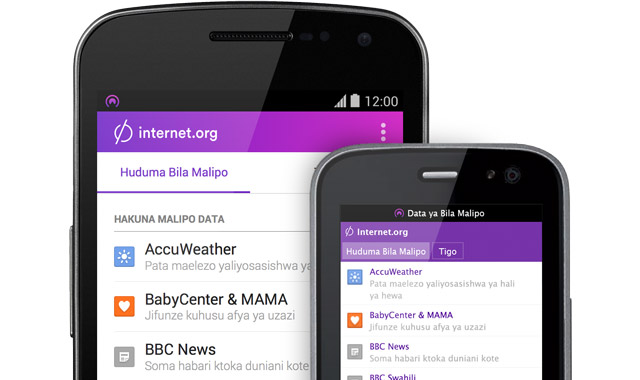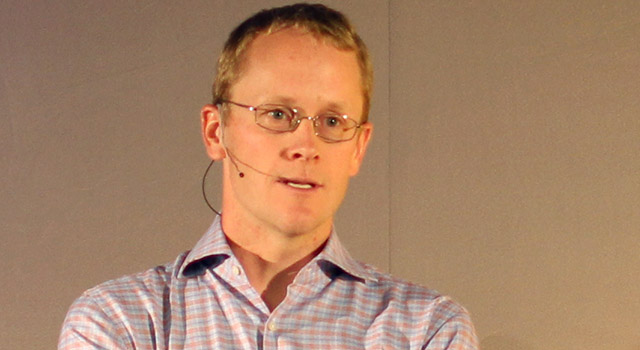
Kenya has become the third African country after Zambia and Tanzania to get the Facebook-led Internet.org application, giving Airtel customers in that country zero-rated access to a range of services, including Facebook, Wikipedia, Daily Nation, SuperSport and BBC News.
Speaking at the opening keynote address on Tuesday at AfricaCom in Cape Town, Chris Daniels, head of product for Internet.org, said the world can only be made more open when everyone is connected to the Internet.
He said 1,3bn people use Facebook, with over 100m people in Africa connected to the social media platform. “Without these people online, we don’t have access to their ideas or their innovation or the things they care about. With them online, it is better for all of us.”
There are tangible benefits to connecting people to the Internet, he said. “A recent Deloitte study said there would be a 92% increase in the GDP of Africa should everyone come online and that the online penetration would equal that of the developed world. It would create 44m jobs and we’d have a reduction in child mortality, with 130 000 lives saved per year.”
Today, there are only 2,7bn people connected to the Internet. That means about 4,5bn people worldwide do not have access to the Internet. “We think that is too many. In Africa, about 80% of people are not connected to the Internet.”
According to Daniels, 3,4bn of the world’s unconnected people come from just 20 countries.
“India leads the pack as the number one unconnected country, but Africa as a region is the biggest place with unconnected people,” he said.
For between 1bn and 3bn people who live outside mobile data coverage areas, it does not make economical sense for operators to connect them.
There are a several barriers that explain why people are not yet online, said Daniels.

The first is a social barrier. About 80% of the Internet’s content is in just 10 languages. “People don’t have a reason to come online if there is no content for them in their own language. We need to expand access to local language content and we need to do that everywhere in the world so that the people who are literate can get online,” he said.
Affordability is another barrier. Many people simply cannot afford to access the Internet. The cost of a phone and the cost of the data is too high. He believes Internet.org can play an important role here.
Infrastructure is a third barrier. About 85% of the world’s population is already covered under a mobile data network. In Africa, that number is closer to 70%. “Africa does not have enough coverage.”
In an attempt to resolve this, Facebook is building high-altitude solar-powered planes that can soar to 18km in altitude and provide Internet access to the people below. — © 2014 NewsCentral Media




